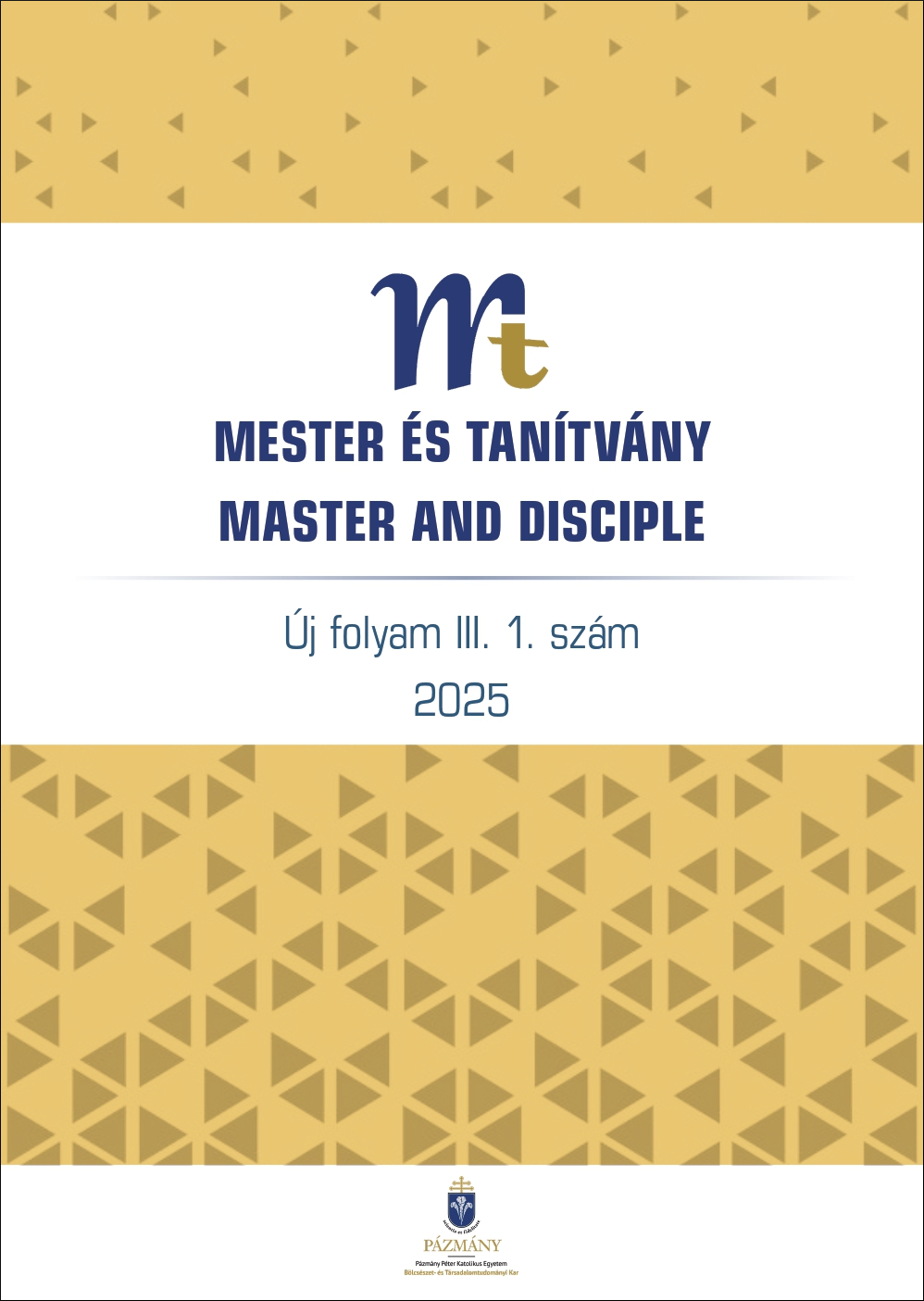Published 30-06-2025
Keywords
- chemical misconceptions, conceptual understanding, evaporation, petrol
Copyright (c) 2025 Dobóné Dr. Tarai Éva

This work is licensed under a Creative Commons Attribution 4.0 International License.
Abstract
According to the constructivist learning theory knowledge is constructed upon experience. The information from our surroundings is interpreted, and based upon experience, a unique scientific worldview emerges. This unique perspective helps us explain everyday scientific phenomena. This explanation is certainly in accordance with our own framework but might not accord with the established scientific interpretation of the given event. If the independently developed explanation diverges from the scientific view, than it is called a misconception, which can significantly obstruct studying science. I have been conducting research for years to identify misconceptions related to chemistry and find a way to correct them. I constructed a survey with ten questions about concepts related to everyday chemical phenomena such as dissolution, evaporation, density, viscosity, etc. There were a close and an open-ended question for each of the concepts. In the open-ended questions students were asked to explain a phenomenon, such as what happens to the particles when sugar is put into water or whether sugar or petrol has stronger smell. The answers to these questions gave insights into students’ of thinking, while the usage of a typical word could reveal the presence of misconceptions and their potential origin. I was seeking connection between misconceptions and certain background variables.
References
- Ausubel, P. David 1960. The use of advance organizers in the learning and retention of meaningful verbal material. Journal of Educational Psychology (51) 267-272. https://doi.org/10.1037/h0046669
- Csapó, B. (2002): Az iskolai tudás. (B. Csapó, Ed.). Budapest: Osiris Kiadó. (2nd ed., pp. 153-180). https://www.edu.u-szeged.hu/isktud/ittartalomj.htm
- Nahalka István 1997a. Konstruktív pedagógia ̶ egy új paradigma a láthatáron (I.). Iskolakultúra (2) 21-33. https://www.iskolakultura.hu/index.php/iskolakultura/article/view/18544
- Nahalka István 1997b. Konstruktív pedagógia ̶ egy új paradigma a láthatáron (II.) Iskolakultúra (3) 22-40. https://www.iskolakultura.hu/index.php/iskolakultura/article/view/18567
- Osborne, J. R., & Bell, F. B. & Gilbert, K. J. 1983. Science teaching and children's views of the world. European Journal of Science Education (5) 1-14. https://doi.org/10.1080/0140528830050101


